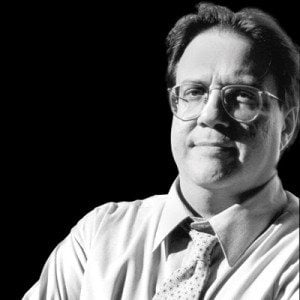Leaking Credibility

A Texas journalist, someone who believes in the public’s right to know, recently told me how she perceived Wikileaks founder Julian Assange. The journalist was so angry at Assange’s wholesale release of U.S military documents that she believed him to be worse than some dictators who prohibit a free and functioning press.
We were communicating in the wake of the second Wikileaks thunderclap. After uncorking 70,000 pages of Pentagon papers in July, Wikileaks recently released 391,832 more records outlining grisly behavior, war crimes by Iraqi security forces and the U.S. military’s tacit approval—even endorsement—of the villainy.
My friend went on: “Nothing was held back from readers, and that, I believe, is the ultimate poor news judgment.” Assange and his associates did redact some names in this latest batch of leaked papers about the Iraq War—after he had been accused of putting hundreds of people in danger by leaving their names in the documents about the Afghanistan conflict.
Journalists have been handed a gold mine of material by Wikileaks. But too many, like my friend, have attacked Wikileaks as if the organization is responsible for the atrocities it has exposed. I believe the scathing indictment-cum-profile of Assange by New York Times reporters John Burns and Ravi Somaiya has shaped this wave of condemnation.
The Times piece details a litany of accusations against Assange over the years. Perhaps the most infamous entails “being investigated in connection with accusations of rape and molestation.” Ironically, Assange has watched as the Times—the paper that, through reporting by Burns and others, still sets the news agenda for mainstream media—has produced the best Wikileaks multimedia package anywhere.
The Times package includes a telling audio interview with Burns. The reporter says he’s unhappy about people faulting him for his article on Assange. “I personally have been subjected since the publication of these documents and my own story with Ravi Samaiya, a profile of Mr. Assange, to an extraordinarily vituperative response,” says a distressed-sounding Burns in the interview. “We do, I think, probably depict him for what he really is, which is a rather eccentric, capricious, high-handed individual.”
The Times has been bombarded with reader comments. Here is one that addresses the key media dichotomy: “Assange himself, whatever his real or alleged psychopathy, proclivities or idiosyncrasies might be, is a mere player in the world stage on which large entities have assimilated enormous power at the expense of the citizenry … . Focus on his person merely takes the limelight away from the serious issues.”
Killing the messenger isn’t unusual for mainstream media. For example, you’d be hard-pressed to find many journalists who liked baseball player Jose Canseco, one of the first to blow the lid off steroid use inside America’s pastime. Now the once-reviled Canseco, charged twice for domestic violence, is coming off as a whistle-blower-Nostradamus as investigators look at possible steroid use by stars like Texas icon Roger Clemens.
Daniel Ellsberg, who has been appearing with Assange, long ago learned how the messenger can become the story. At times, his Pentagon Papers, and the messages he was conveying about the secret history of the Vietnam War, also got lost in the hunt for the messenger.
Even Burns, almost grudgingly, conceded in his audio account of the Wikileaks saga that the documents “are very important.” That, I hope we all agree, is sound news judgment.


